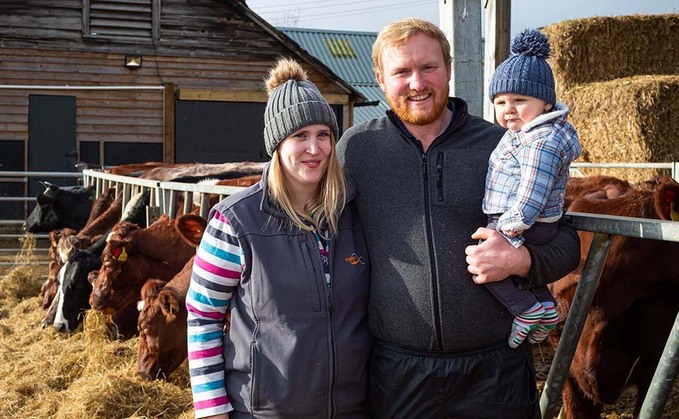
Matthew Elphick and Betsie Edge jump-started their dairy processing business in response to local demand during the covid pandemic. And they have not looked back since, as Sara Gregson finds out. Matthew...

Matthew Elphick and Betsie Edge jump-started their dairy processing business in response to local demand during the covid pandemic. And they have not looked back since, as Sara Gregson finds out. Matthew...
PEDIGREE HEREFORD AND ANGUS BULLS FOR SALE